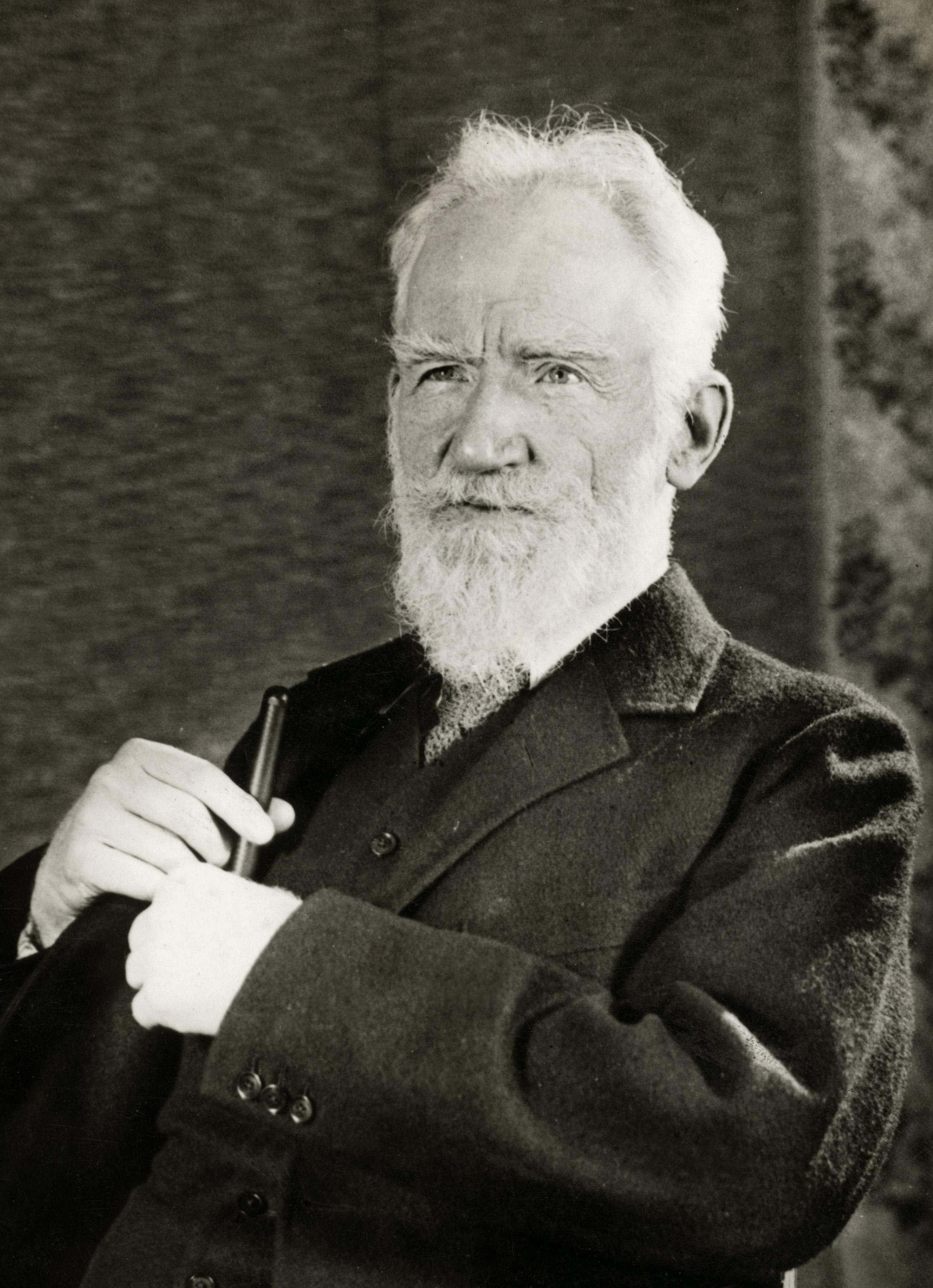

Someone once asked George Bernard Shaw, the pop atheist of his day, what he would say to God if he found himself at the pearly gates. He is said to have replied, “not enough evidence, God, not enough evidence.” A lot of atheists ask for “proof” of God’s existence, as if empirical knowledge could settle the question.
The god the atheists reject tends to be a very powerful
being within the world—if not in the world why would it be subject to empirical
proof?—that can do powerful things (maybe help a field goal veer inside the
uprights, or help your son get into MIT). That’s why the more impolite ones among
them will compare theism to belief in fairies or Santa Claus.
Luckily, that’s not the God described by classical theism.
What atheists are denying is what David Bentley Hart in his book The Experience of God: Being, Consciousness,Bliss calls a “demiurge,” some sort of invisible being within the universe,
perhaps the most powerful being and the first being, that on occasion will
interfere with the laws of nature to do a miracle or two. Again, most theists
don’t think of God in these terms, but rather talk about God as the Being of beings,
the ground of Being, beyond being, the transcendent source of all, and a slew of other phrases that all amount to denying this sort of demiurge view.
In theology we call this the difference between the
univocity of being (there’s only a quantitative difference in beings; God exists in the same way we do but is a really big super-powerful entity) and analogy (there is a qualitative difference
between us and God).
We could put it this way: it’s not as if you could stack up the goodness of trillions of people and make something closer to God. Rather God is transcendent Goodness itself, which is the source of all our goodness while remaining wholly different. This is a fairly elementary theological point, yet one finds it readily abused in a seemingly infinite barrage of fashionable atheist polemics.
We could put it this way: it’s not as if you could stack up the goodness of trillions of people and make something closer to God. Rather God is transcendent Goodness itself, which is the source of all our goodness while remaining wholly different. This is a fairly elementary theological point, yet one finds it readily abused in a seemingly infinite barrage of fashionable atheist polemics.
This little concept is also why God creating the world does
not fall prey to the “infinite regression” (the very not-profound question: “if
God created the world, who created God?”). That question would be confounding
to a demiurge that was simply the first being that created the rest of stuff,
but then would need its own maker. What theists posit is a God who is the
source of any created matter (even whatever existence was around that could allow for the big bang). As Aquinas argues, it’s a part of the nature of
all that exists to be caused, so we need an “uncaused cause” to explain the
problem of existence (why is there anything at all?). Any purely naturalist account will only give another cause that needs its own cause, so materialism can never really face up to the question of why or how anything exists. This is what’s in
question in the actual God debate: a transcendent reality that precedes everything that exists, not an
invisible being or force that made a bunch of stuff.
I obviously haven’t tried to exhaustively prove and defend
the existence of God here, I simply ask that people know what it is they are
rejecting. Interesting atheists are hard to come by these days. And of course,
it would be unfair to act as if bad Christian theology and witness weren’t part
of the problem. As Stanley Hauerwas likes to say, Christians get the atheists
they deserve.
One might object that I am only talking about the God of
philosophers, while the God of the Bible is just such a demiurge, an impish
being meddling in people’s affairs. Some writers talk about this in an unsavory
way as “Greece vs Jerusalem.” However, if you look at the apostolic preaching
(not to mention Jesus’ thoughts on the issue) you will find a consistent
attempt to enlarge the concept of God beyond the demiurge. When Paul and
Barnabas heal a crippled man, some people begin to treat them like gods. This
is what they have to say:
Friends, why are you doing this? We
are mortals just like you, and we bring you good news, that you should turn
from these worthless things to the Living God, who made Heaven and the earth
and the seas and all that is in them. (Acts 14:15)
Paul and Barnabas tell them to think bigger. Seek the
reason there is anything at all—the Living God.
*I owe the stimulus for some of these thoughts, the title, and the pulled quote to Elizabeth Johnson's Quest for the Living God: Frontiers in the Theology of God which I hope to talk about in the upcoming posts*
*I owe the stimulus for some of these thoughts, the title, and the pulled quote to Elizabeth Johnson's Quest for the Living God: Frontiers in the Theology of God which I hope to talk about in the upcoming posts*